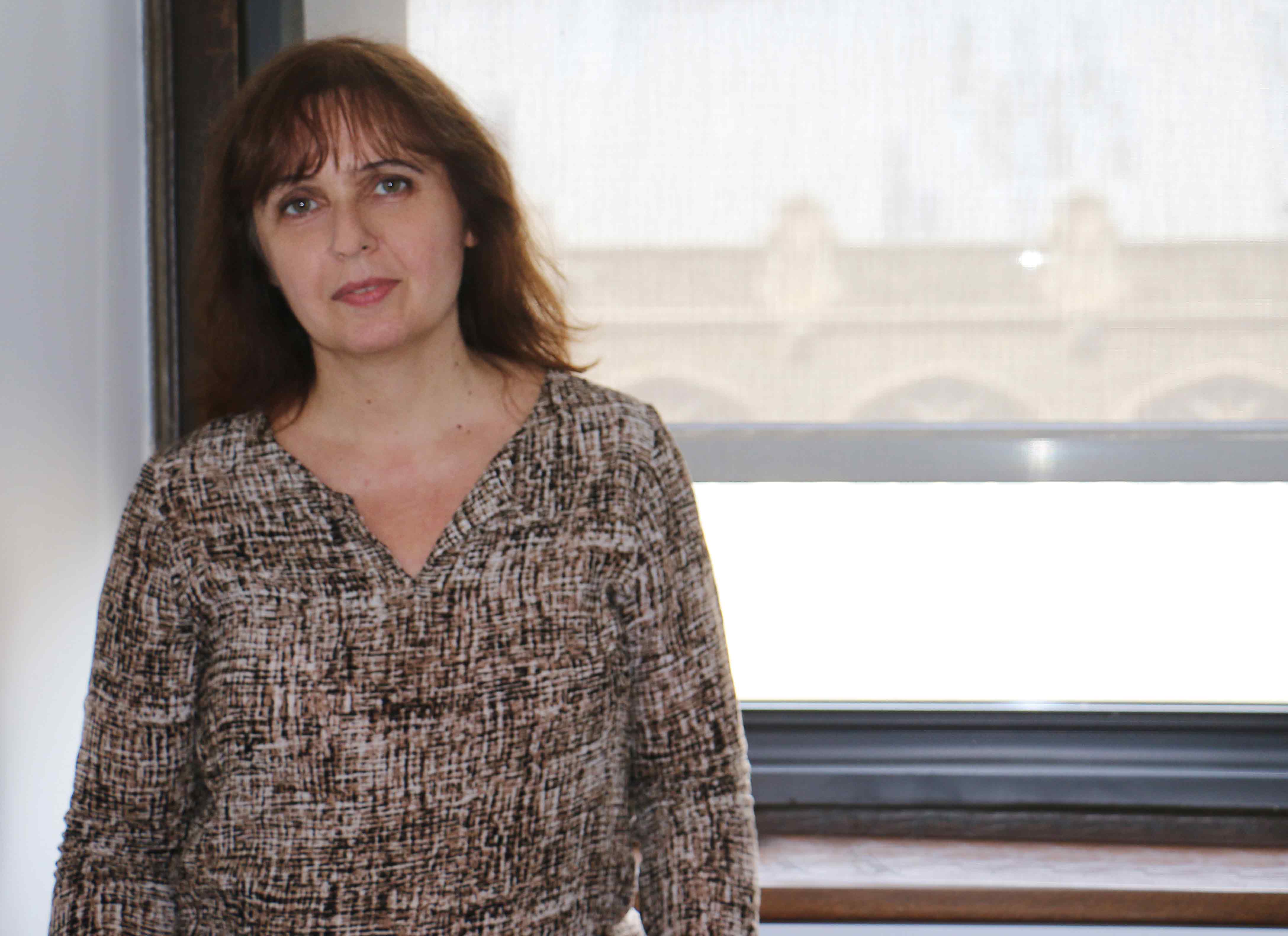Founder and Director

Lena Verdeli
Associate Professor of Clinical Psychology
Founder & Director, Global Mental Health Lab
Director of Clinical Training, Department of Counseling & Clinical Psychology
Faculty Profile
Lena Verdeli is an Associate Professor of Clinical Psychology and the Director of Clinical Training at Teachers College, Columbia University. She received federal and foundation funding to study psychotherapy for prevention and treatment of mood disorders. In the past fifteen years Lena Verdeli has played a key role in landmark studies involving adaptation, training, and testing of psychotherapy packages used by non-specialists (primary care staff, community health workers, etc.) with depressed adults in southern Uganda; war-affected adolescents in IDP camps in northern Uganda and depressed IDP women in Colombia; distressed patients in primary care in Goa, India; depressed community members in Haiti; and war-affected Syrian refugees in Lebanon, among others. She is a member of the Mental Health Advisory Committee for the Millennium Villages Project of the Earth Institute, a Scientific Advisory Council member of the American Foundation for Suicide Prevention, and the Scientific Advisory Board of Depression and Bipolar Support Alliance. She received the American Psychological Association International Psychology Division Mentoring Award and chaired the research workgroup of the Family NGO at the UN. She is currently a technical advisor for the WHO on global dissemination of psychosocial treatments.
Verdeli's research in Uganda was instrumental to collecting the data necessary for WHO to recommend interpersonal psychotherapy (IPT) – together with cognitive behavioral therapy and antidepressant medicines – as a recommended treatment for depression. In her words: “IPT is not new; what’s new is our delivery of it and our model of training others to use it. Whether we train laypeople to use IPT with their fellow community members, as we did in Uganda, or train professionals through a systematic national effort, as we’re doing now in Lebanon, our hallmark is to employ inexpensive, feasible and culturally relevant approaches. The work has to be the result of real partnerships on the ground, in which all the players have a voice – including refugees themselves."